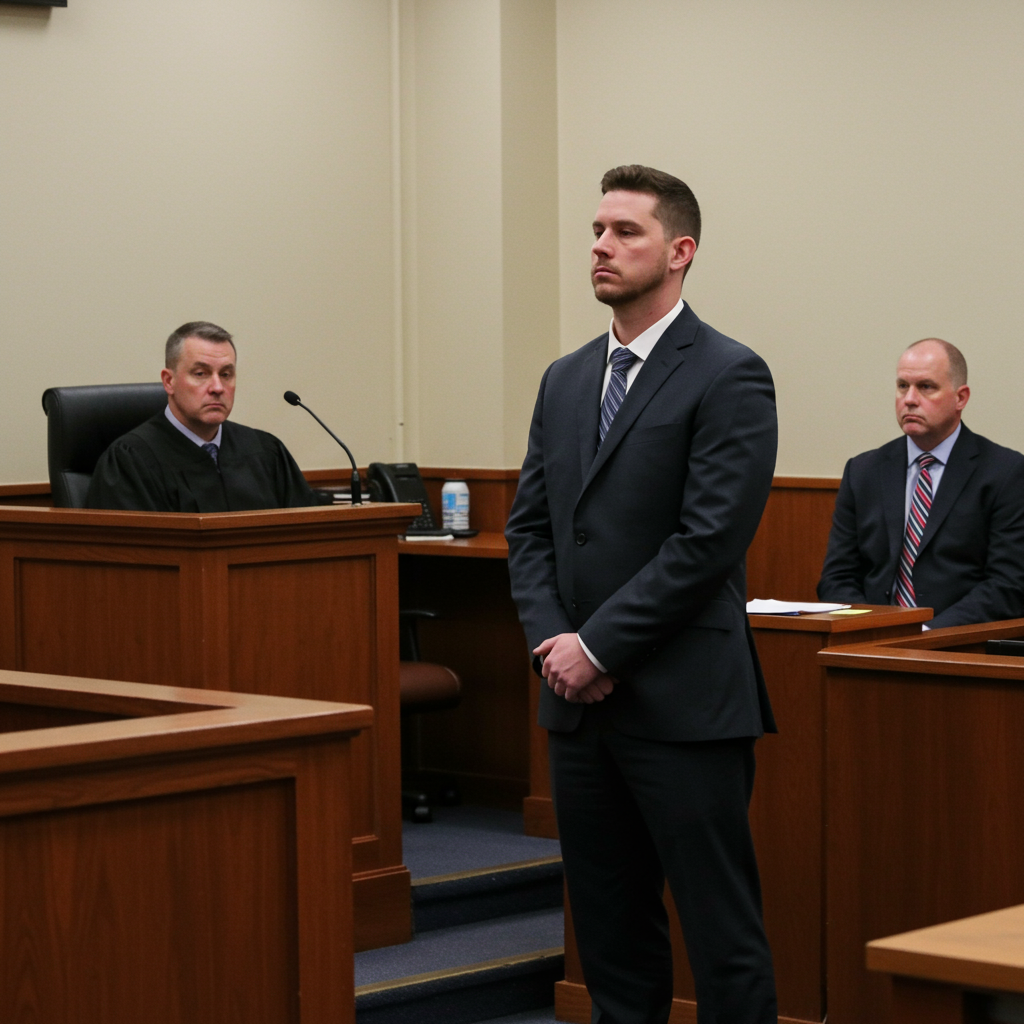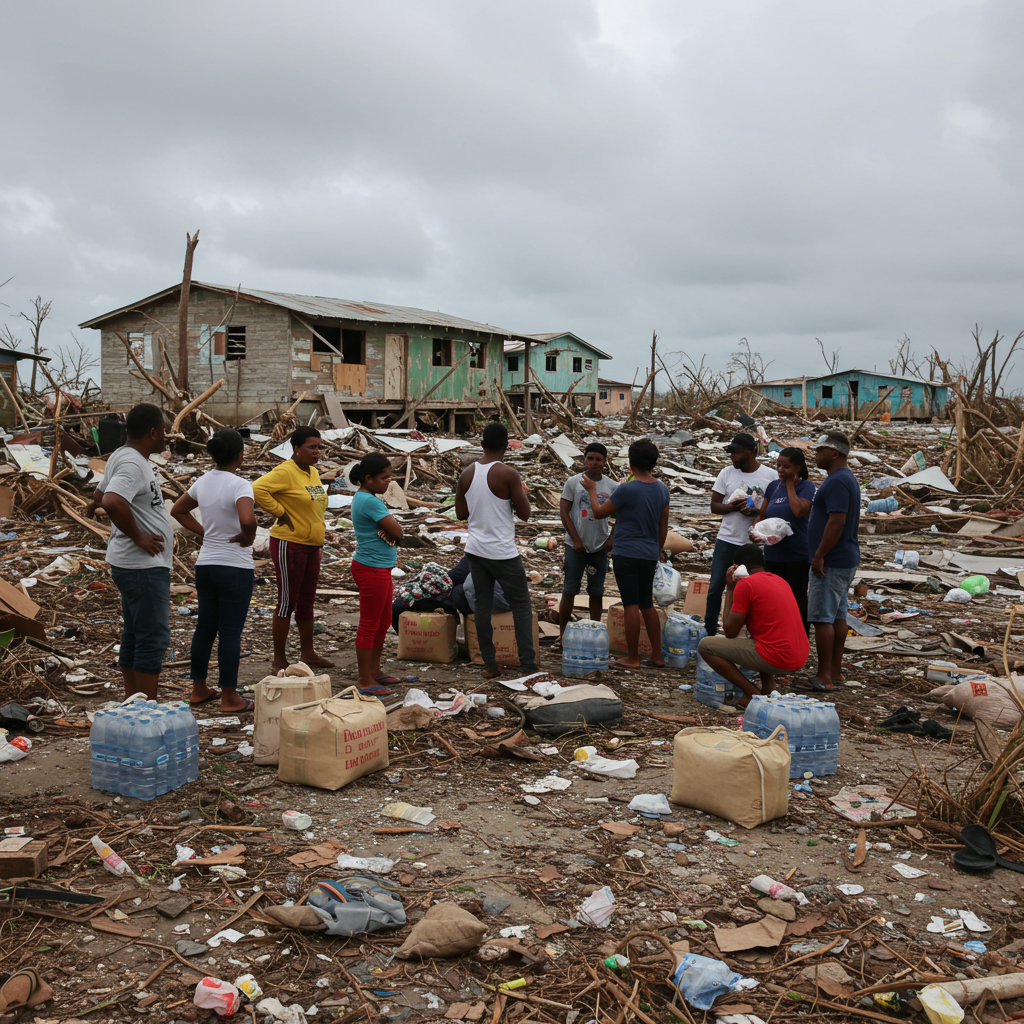The volatile landscape of the Middle East witnessed a significant escalation with the confirmation on Saturday, August 30, 2025, that Ahmed Ghaleb Nasser al-Rahawi, the Prime Minister of Yemen’s Houthi-led government, was killed in an Israeli airstrike. This unprecedented attack, which occurred on Thursday, August 28, in the Houthi-controlled capital of Sanaa, also claimed the lives of several other ministers and left many wounded. The targeted strike marks a pivotal moment in the ongoing regional conflict, signaling a potential shift in strategy by Israel towards high-value Houthi leadership.
This high-profile assassination comes amidst a period of intense regional instability. The Houthis, an Iran-aligned group, have been actively targeting commercial vessels in the Red Sea and launching missiles towards Israel since the outbreak of the Israel-Hamas conflict in Gaza in October 2023. They assert these actions are in solidarity with Palestinians. Israel, in turn, has responded with retaliatory strikes on Houthi-controlled areas within Yemen, including the vital Hodeidah port. The death of a figurehead like al-Rahawi, while not part of the Houthi inner circle, carries immense symbolic weight and could profoundly impact the group’s operations and the broader geopolitical chessboard.
Devastating Strike in Sanaa Claims Houthi PM
The Israeli airstrike on August 28 was a precise operation. It targeted a government workshop or meeting in a villa in Sanaa, where Houthi officials had gathered. According to the Houthi Supreme Political Council Chairman, Mahdi al-Mashat, the strike killed Ahmed al-Rahawi and an unspecified number of other ministers. Reports from various sources indicated a broader impact. Saudi Arabian news site al-Hadath, for example, suggested the Houthi foreign, justice, youth and sports, social affairs, and labour ministers were among the casualties. Other reports mentioned the energy and information ministers also being killed. The Houthi presidency confirmed that some ministers sustained moderate to serious injuries.
Following the attack, the Israeli military acknowledged striking a “Houthi terrorist regime military target” in Sanaa. They described it as a “complex operation” enabled by advanced intelligence gathering and air superiority. However, Israel did not immediately comment on the confirmation of al-Rahawi’s death. This strategic silence often accompanies operations targeting high-value individuals. The attack came just four days after earlier Israeli strikes on Sanaa on August 24, which reportedly caused numerous fatalities and injuries.
Who Was Ahmed Ghaleb Nasser al-Rahawi?
Ahmed Ghaleb Nasser al-Rahawi had served as the Prime Minister of the Houthi-led government since August 2024. He was largely considered a figurehead within the movement. Al-Rahawi was not typically involved in the secretive, top decision-making circle that plans military operations. Instead, his role centered on managing the day-to-day civilian affairs within Houthi-held territories. He hailed from the southern province of Abyan and was a former ally of Yemeni President Ali Abdullah Saleh. Al-Rahawi joined forces with the Houthis after their 2014 takeover of Sanaa, which ignited Yemen’s protracted civil war.
Despite his perceived figurehead status, al-Rahawi had publicly expressed solidarity with the Palestinian cause. Just last week, after an Israeli strike hit an oil facility and power plant in Sanaa, he stated, “Yemen endures a lot for the victory of the Palestinian people.” His death, therefore, is symbolically significant, even if it doesn’t dismantle the core military command structure. It sends a clear message about the reach and intent of Israeli operations. In the immediate aftermath, Mohammed Ahmed Miftah, the Houthi deputy prime minister, was assigned to carry out the prime minister’s duties, ensuring continuity in the administrative functions.
Israel’s Strategic Shift: Targeting Houthi Leadership
The killing of Ahmed al-Rahawi marks a significant turning point in the conflict. It is the most senior Houthi official killed since the joint U.S. and Israeli air and naval campaign began. This campaign was initiated in response to the Houthis’ persistent missile and drone attacks on Israel and Red Sea shipping. Experts suggest this strike reflects a deliberate strategic shift by Israel. Previously, Israeli strikes often focused on Houthi infrastructure and military sites. However, recent statements from Israeli Defense Minister Israel Katz indicated dissatisfaction with the deterrent effect of previous attacks. Katz reportedly advocated for directly targeting Houthi leadership, drawing parallels to Israel’s historical use of assassinations against figures within groups like Hezbollah and Hamas.
Ahmed Nagi, a senior Yemen analyst with the Brussels-based Crisis Group International, described al-Rahawi’s death as a “serious setback” for the Houthis. He emphasized that this escalation signifies a shift from targeting infrastructure to directly targeting leadership, including senior military figures. Such a strategy “poses a greater threat to their command structure.” This move signals a more aggressive posture aimed at disrupting the Houthi command and control, even if the ultimate leader, Abdul-Malik al-Houthi, and the defence minister were confirmed not to be among the casualties of this particular attack.
Houthi Response and Broader Regional Context
Predictably, the Houthi movement responded with defiance and vows of retribution. Mahdi al-Mashat, Chairman of the Supreme Political Council, issued a video message declaring, “We shall take vengeance, and we shall forge from the depths of wounds a victory.” The Houthi presidency further affirmed that the “blood of the great martyrs will be fuel and a motivator to continue on the same path.” They pledged to continue building and developing their armed forces. The Houthi-run news agency Saba ran a statement from Defence Minister Mohamed al-Atifi, who is considered their leading missiles expert, shortly after the prime minister’s death. Al-Atifi asserted the group’s readiness to confront Israel, although it was unclear if his statement was made before or after news of the strike broke.
The Houthis also reiterated their unwavering commitment to “our people in Gaza,” stating their position “is steadfast, and will remain so until the aggression ceases and the siege is lifted, no matter the scale of the challenge.” This incident is deeply embedded in the broader regional context, particularly the ongoing Israel-Hamas war in Gaza. The Houthis’ Red Sea attacks and missile launches towards Israel are explicit acts of solidarity. Just days before the strike, the Houthis claimed responsibility for a missile attack on southern Israel, which Israel said it intercepted. This reciprocal escalation continues to destabilize an already fragile region, with potential implications for international shipping and global energy markets.
Implications for Yemen and Red Sea Stability
The killing of the Houthi Prime Minister significantly raises the stakes in the multifaceted Yemeni conflict and the broader Red Sea confrontation. While al-Rahawi may have been a figurehead, his death marks an undeniable psychological blow to the Houthi movement and a clear message of Israeli intent. This event could lead to several potential outcomes: further intensification of Houthi attacks on Red Sea shipping, increased missile launches towards Israel, or a deeper engagement by international actors.
The Houthis’ vows of vengeance are unlikely to be empty threats. They have demonstrated a capacity for resilience and sustained military operations despite significant pressure. However, a targeted campaign against leadership, if continued, could strain the movement’s operational capabilities and morale over time. For Yemen, already grappling with a devastating civil war, this escalation introduces another layer of complexity. It could undermine any fragile peace efforts and further entrench the conflict, with dire humanitarian consequences for its population. The international community watches closely as the implications of this dramatic development unfold.
Frequently Asked Questions
Who was Ahmed al-Rahawi and why was his death significant?
Ahmed Ghaleb Nasser al-Rahawi served as the Prime Minister of the Houthi-led government in Yemen since August 2024. While largely considered a figurehead not involved in the movement’s core military decision-making, his death in an Israeli airstrike on August 28, 2025, is highly significant. It marks the first time such a senior Houthi official has been killed in an Israeli attack, representing a major escalation and a potential shift in Israeli strategy towards targeting Houthi leadership, carrying immense symbolic and political weight.
How does this strike connect to the broader conflict in the Red Sea and Gaza?
This Israeli strike is deeply intertwined with the ongoing Israel-Hamas war in Gaza. The Houthi movement has been attacking commercial shipping in the Red Sea and launching missiles towards Israel as acts of solidarity with Palestinians since October 2023. Israel’s retaliation, including this strike in Sanaa, is part of a broader response to these Houthi actions. The event further intensifies regional tensions, highlighting how the Gaza conflict has fueled wider instability across the Middle East, impacting vital shipping lanes and drawing in multiple state and non-state actors.
What are the immediate and long-term implications of this Israeli strike for the Houthi movement and regional stability?
Immediately, the Houthi movement has vowed “vengeance” and reaffirmed its commitment to continuing its military operations and support for Palestinians, suggesting an increase in attacks is likely. While al-Rahawi was a figurehead, his killing signals a strategic shift by Israel towards high-value leadership targeting, potentially posing a greater threat to the Houthi command structure in the long term. This escalation could deepen the Yemeni civil war, further destabilize the Red Sea region, and complicate any future peace efforts, with the potential for broader regional conflict remaining a significant concern.



